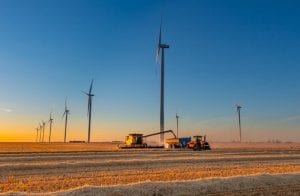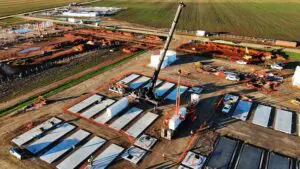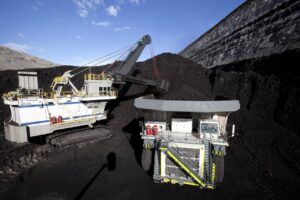Federal Labor has restated its policy commitment to bolster the development of community renewable energy projects in Australia, a plan it says will allow more regional and suburban communities to regain control of their power costs and supply.
Labor’s plan to create a network of Community Power Hubs to boost jobs and facilitate the installation of small-scale renewables projects was announced as part of its broader climate and clean energy policy in April.

The proposed policy would provide $98.7 million toward the creation of up to ten Community Power Hubs in “the areas of most need,” to deal with the challenges of implementing renewable energy solutions.
In a statement released on Wednesday, however, the focus of the initiative was on the jobs this policy would create – perhaps in answer to the Coalition’s own election focus on “jobs and growth.”
“While the rest of the world added two million jobs in renewable energy over the last two years, Australia went backwards and lost over 2,000,” the statement from Labor lead Bill Shorten and climate spokesman Mark Butler.
“It is in everyone’s interest that confidence be restored, and that small-scale renewables be encouraged. Not just so that all Australians can have equal access to lower electricity bills, but also to secure jobs and lower carbon emissions for the economy as a whole,” it said.
Labor says that despite Australia’s world-leading form on rooftop solar installation, a significant proportion of households, including rental properties and public housing, have missed out due to difficulty of access.
To remedy this, Labor’s “Hubs” would work with local communities, providing legal and technical expertise on renewables as well as start-up funding.
The Hubs would also explore methods of finance for low-income earners and pensioners, including the use of council rate payments as contributions for projects.
The policy has already been welcomed by Australia’s community renewables sector, which argues that the rollout of community energy will play a key role in Australia’s transition to clean energy – as well as how the consumer benefits from it.
“The transition to 100 per cent renewables for Australia is inevitable,” said Nicky Ison – a senior researcher with the Institute of Sustainable Futures – in an interview with One Step Off The Grid in April.
“The question that remains is how quickly that will be done and how fairly that will be done, and community energy goes to the heart of both of those things.
“If you’ve got that social licence, that public buy-in, then government and business can move quickly” to enable the shift to renewable energy.”
Ison also argues that the nature of community energy enterprises – being socially motivated and based on disruptive business models – will serve to keep the public interest front of mind for policy makers and regulators, ensuring that the energy revolution benefits all parties, and not just the major industry players.








